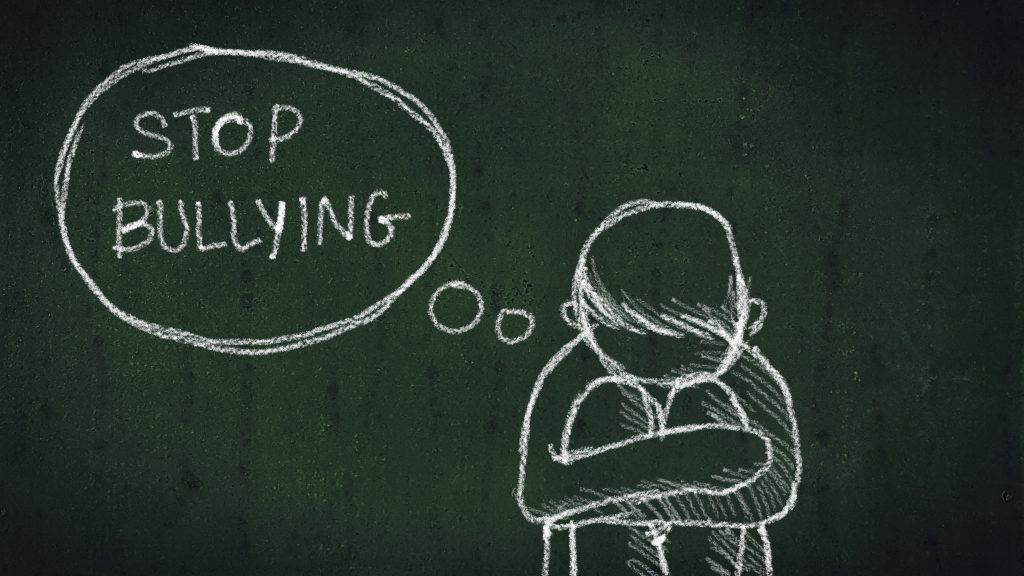theteam@theeducationhub.org.nz
Postal Address
The Education Hub
110 Carlton Gore Road,
Newmarket,
Auckland 1023
A shared understanding of bullying, and a consistent approach to addressing and preventing it, is important for all teachers.

A guide to some of the more common bullying behaviours at secondary school and how to prevent them.

An introduction to the kinds of behaviours that constitute bullying in primary school-aged children, and some strategies for addressing and preventing them.

A guide to understanding what differentiates bullying from other mean and hurtful behaviours, and myths about bullying busted.